Are you in the right shop?
Make sure that the place of delivery and the language correspond to your region. Otherwise, change your selection:
Minerals are vital inorganic nutrients for the body, which it cannot produce itself. They must therefore be supplied through the diet. Minerals in the body are divided into two dimensions: bulk (or macro) and trace (or micro) elements. Quantitative elements are present in the body at a concentration of more than 50 mg/kg body weight. For trace elements, it requires a concentration of less than 50 mg/kg body weight. Deviating from this, iron is counted among the trace elements, but is represented with about 60 mg/kg body weight. Usually we speak simplified of minerals and trace elements, meaning all necessary minerals, be it bulk or trace elements. Minerals perform many important functions in the body and psyche.
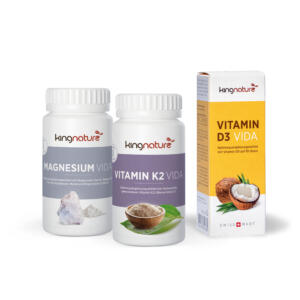

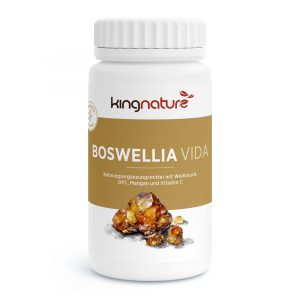








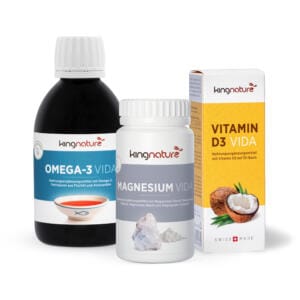

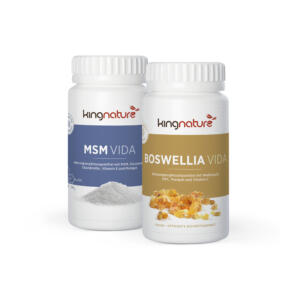
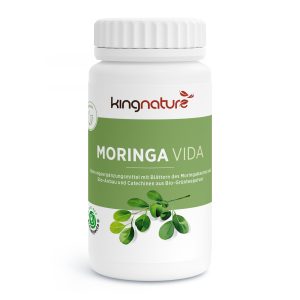
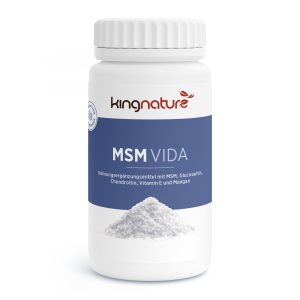


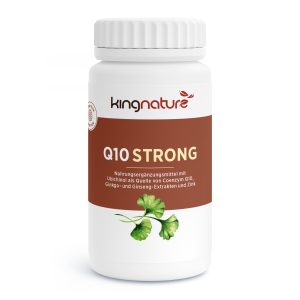
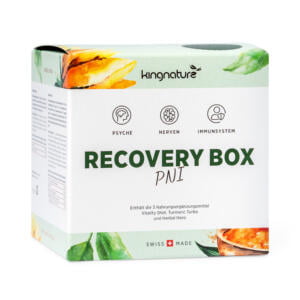
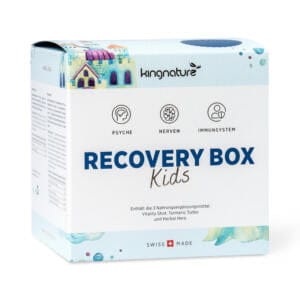




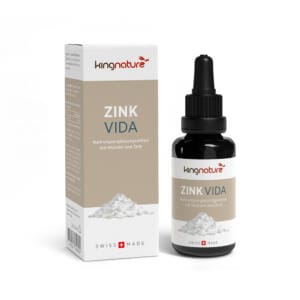
There are several thousand known mineral species, of which about 100 are the main mineral constituents of rocks. These are the so-called rock-forming minerals.
Minerals are important for your body to stay healthy. Your body uses minerals for many different tasks, including keeping your bones, muscles, heart, and brain functioning properly. Minerals are also important for making enzymes and hormones.
There are two types of minerals: macrominerals and trace minerals. You need larger amounts of macrominerals. These include calcium, phosphorus, magnesium, sodium, potassium, chloride and sulfur. They require only small amounts of trace elements. These include iron, manganese, copper, iodine, zinc, cobalt, fluoride and selenium.
Most people get the amount of minerals they need by eating a variety of foods. In some cases, your doctor may recommend mineral supplementation. People who have certain health problems or take medications may need to take less of one of the minerals. For example, people with chronic kidney disease need to limit foods high in potassium.
Minerals are found in a wide variety of foods, but some foods are particularly rich in these important nutrients. Nuts and seeds, for example, are high in magnesium, zinc, manganese, copper, selenium and phosphorus. Shellfish such as oysters and clams and are also rich in minerals. They contain especially selenium, zinc, copper and iron. Minerals are also found in many vegetables. Cauliflower and broccoli. These cruciferous vegetables such as broccoli, kale, cabbage and watercress are particularly rich in sulfur, a mineral necessary for cell function, DNA production, detoxification and the synthesis of glutathione, a powerful antioxidant produced by your body.
Nutritionists and experts always recommend a diet rich in minerals, because foods containing minerals are the best source of essential minerals for our body. For example, orange has abundant calcium, which is good for our bones, and iodized salt contains iodine, which is of tremendous importance for iodine production. The focus on proper mineral intake stems from the fact that the wide range of biochemical reactions in metabolism require elemental components. Proper intake of some specific minerals has been found to be necessary for the maintenance of optimal health.
Minerals help our bodies develop and function. They are essential for good health. Knowing about different minerals and how they work can help you make sure you are getting enough of the minerals you need.
Essential minerals are a class of nutrients that are critical to maintaining the health of the body. They are inorganic components that play a variety of functional roles in human cells, both physiologically and biochemically. Minerals are used by the body’s organ systems for growth, development, movement, energy production, utilization and maintenance of internal homeostasis. Essential minerals are classified into two main groups based on the concentration required for normal body function: Macrominerals and Trace Minerals. A balanced diet provides all the essential minerals needed to maintain good health. Supplements can also be taken if the diet is insufficient to meet mineral requirements.
There are 13 essential minerals that must be consumed for good health. These include calcium, sodium, potassium, chloride, magnesium, phosphorus, iodine, iron, zinc, copper, manganese, sulfur and selenium.
Calcium is a mineral found in many foods. Almost all calcium is stored in bones and teeth to make and keep them strong. Your body needs calcium to help muscles and blood vessels contract and dilate, and to send messages through the nervous system. Calcium is also used to help release hormones and enzymes that affect almost all functions in the human body.
Iron is also added to some foods and is available as a dietary supplement. Iron is a part of hemoglobin, a protein that carries oxygen from the lungs to the tissues. It helps supply oxygen to muscles. Iron is important for cell growth, development and normal body functions. Iron also helps the body make some hormones and connective tissue.
Magnesium is a mineral that occurs naturally in many foods and is added to other foods. It is also available as a dietary supplement and is found in some medicines. It helps your body regulate muscle and nerve function, blood sugar levels, and blood pressure. It also helps your body make protein, bone, and DNA.
Selenium is a mineral that the body needs to stay healthy. It plays an important role in reproduction, supporting thyroid function as well as the production of DNA. Among other things, selenium is instrumental in combating damage to the body produced by free radicals. Free radicals are non-stable atoms or molecules that can lead to damage of the body’s cells and cause infections. Many foods contain selenium. Selenium is added as a supplement to some foods. You can also buy selenium as a dietary supplement.
Zinc, a mineral people need to stay healthy, is found in all cells of the body. It helps the immune system fight off invading bacteria and viruses. The body needs zinc because, along with other substances, it makes proteins and DNA.
In pregnancy, infancy or childhood, the body needs zinc for good growth and successful development. On processes of wound healing are positively supported by zinc. Zinc is also needed to support the sense of taste and smell. Zinc is found in a variety of foods and is included in most multivitamin/mineral supplements.
It is often difficult for us to eat a balanced and varied diet in our daily lives due to lack of time or energy. Nevertheless, to make sure that our body is supplied with sufficient minerals, you can take dietary supplements. There are a variety of dietary supplements that provide us with the necessary minerals easily and quickly.
Make sure that the place of delivery and the language correspond to your region. Otherwise, change your selection: